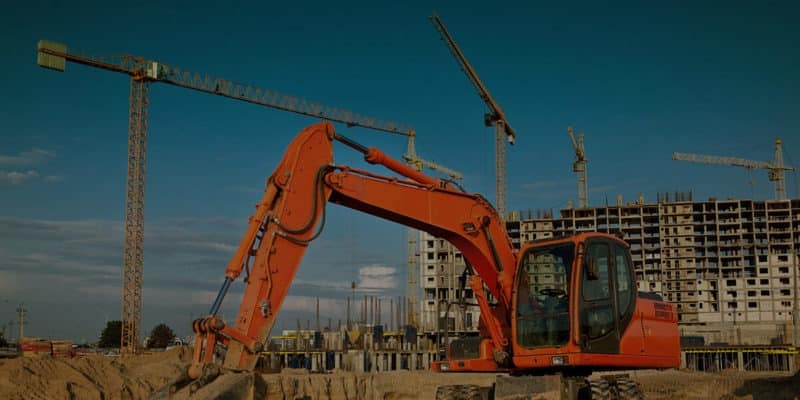By Joyce E. Cutler
March 27, 2018
Private construction projects in San Jose, Calif., that receive $3 million or more in tax breaks or other public financial support would have to pay prevailing wages and hire local workers under a proposal the city council is expected to consider next week.
“There are three basic challenges we’re trying to grapple with. One is a severe shortage of affordable housing and of housing supply generally; substantial shortage of construction labor, which are driving up construction costs; and third, a growing gap between those who are benefiting from the great prosperity here in the Bay Area and those who are gasping for air with the rising tide,” Liccardo said.
Local Standards
The proposal would require that employers on the projects pay a wage-and-benefits package that’s at least equivalent to the state-determined levels for the work and geographic area. At least 30 percent of the workers on a qualifying project within the city would have to live within 50 miles of the job site. A quarter of apprentice hours would have to go to disadvantaged workers. Projects would have monitoring and compliance provisions.
The requirements would cover projects that receive at least $3 million in public subsidies, including money, land, or other direct financial assistance or a substantial reduction in fees or taxes.
“The end goal is to provide good quality jobs to local workers. And whether we do that by way of initiative or reaching a compromise by the more conventional channels is not so important to us,” Ben Field, South Bay Labor Council executive officer, told Bloomberg Law.
Union-Backed Initiative
The agreement was reached after negotiations with the South Bay Labor Council, Working Partnerships USA, the Santa Clara-San Benito Counties Building Trades, and the Mechanical, Electrical, Plumbing, and Sprinkler Fitters (MEPS) unions, Liccardo said in a memo to the council.
“One of the best ways to ensure that good quality jobs go to local workers is to provide a prevailing wage,” Field said March 23. “One of the basic problems that we’re seeing here is middle class jobs are disappearing. A large part of the reason is the construction workforce is not being paid adequately.” Would-be construction workers aren’t going into trades or crafts where the wages are depressed.










